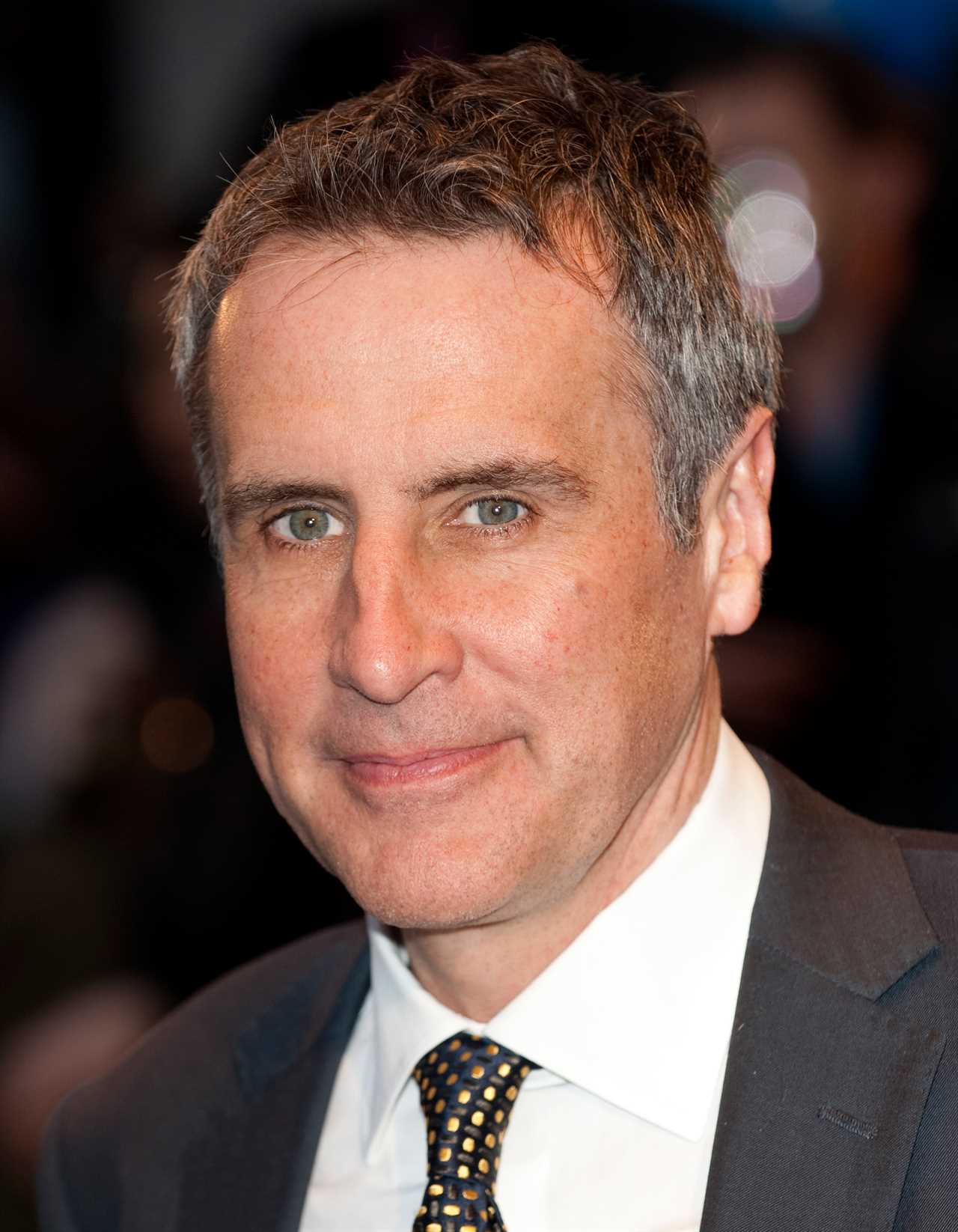
In a revealing account, former Sky News presenter Dermot Murnaghan discusses how he faced a stage four cancer diagnosis after navigating healthcare systems. Murnaghan, aged 67, disclosed at a Prostate Cancer UK event that his regular testing routines left him vulnerable to gaps in care.
The healthcare journey: Unveiling systemic challenges
Murnaghan's story sheds light on the intricacies of healthcare access and the nuances of preventive screening. His experience underscores the importance of comprehensive and inclusive testing protocols, especially in detecting conditions like prostate cancer, where early diagnosis is critical.
Understanding healthcare disparities: A call for equitable care
His narrative raises broader questions about the accessibility and adequacy of healthcare services, prompting a closer look at how individuals, particularly those in high-risk groups, navigate diagnostic pathways. Murnaghan's account highlights the need for vigilant and proactive healthcare approaches that cater to diverse needs.
The role of advocacy: Empowering individuals in healthcare decisions
By advocating for proactive testing and emphasising the significance of early detection, Murnaghan underscores the agency individuals hold in safeguarding their health. His call for greater awareness and action within healthcare systems resonates with the ongoing dialogue on patient empowerment and informed decision-making.

He explained, "For years I thought, ‘That’ll do me’. It never occurred to me they weren’t testing for PSA (prostate-specific antigen). I never went to my GP because I was getting tests privately. That’s how I fell through the gaps and that’s how I had a massive wake-up call."
Murnaghan's openness about his health journey serves as a reminder of the complexities individuals face within healthcare systems and the importance of advocating for one's well-being. His story invites reflection on the intersecting factors influencing healthcare outcomes and the need for a more inclusive and responsive approach to medical care.
The former Sky News anchor's experience, while personal, resonates with broader discussions on healthcare accessibility, preventive medicine, and patient autonomy. It prompts us to reconsider our roles in navigating healthcare systems and advocating for equitable and comprehensive care for all.






